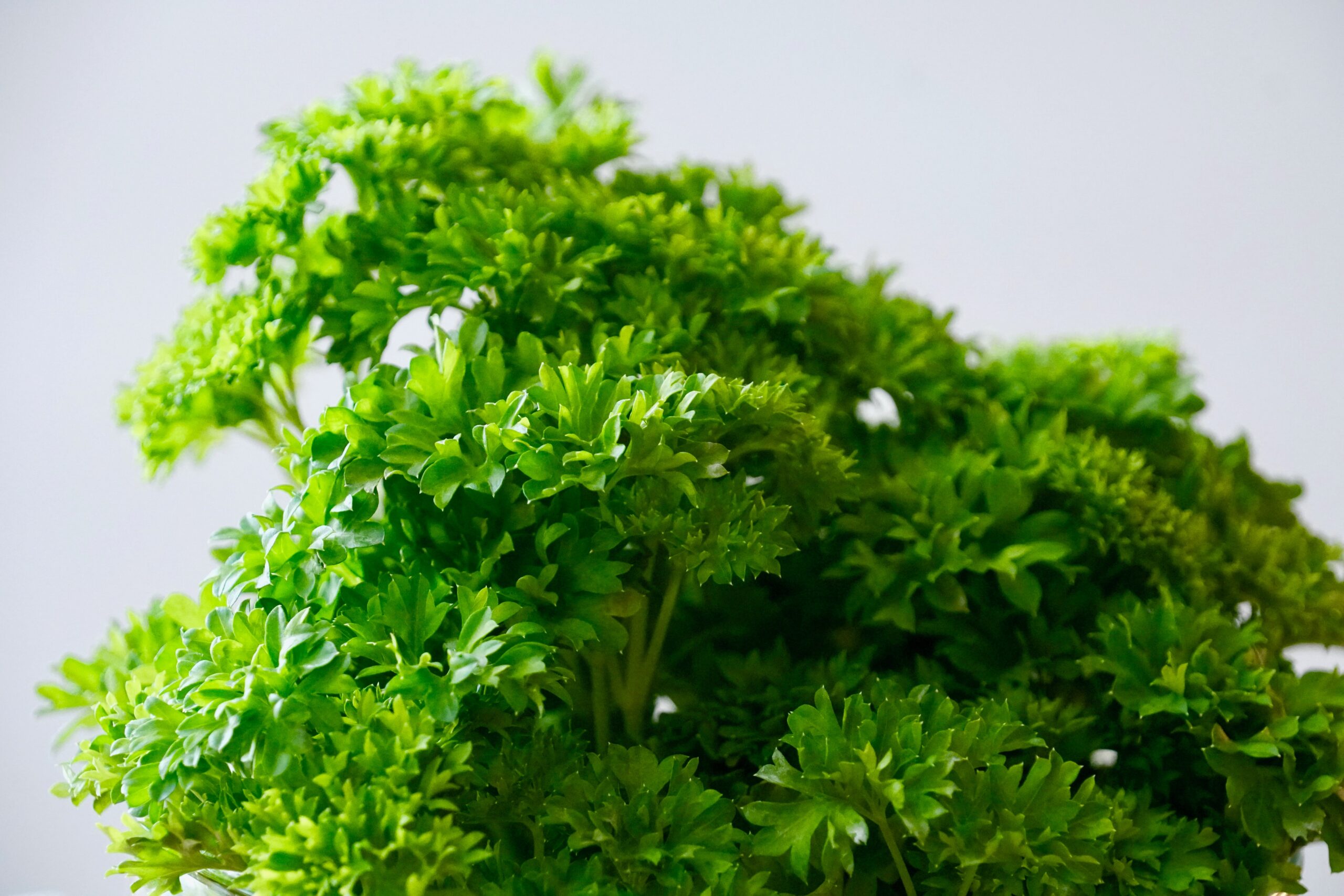Pyelonephritis, Urinary tract infection, Kidney failure, Kidney stones
Root Cause of Disease
Kidney cancer is the abnormal growth of cells in your kidney tissue. In time, these cells form a mass called a Tumor. Cancer begins when something triggers a change in the cells, and they divide out of control. A cancerous or malignant Tumor can spread to other tissues and vital organs. When this happens, it’s called metastasis.
Symptoms
Kidney cancer may not produce any noticeable symptoms in its early stages. But as the tumor grows, symptoms may begin to appear. For that reason, kidney cancer often isn’t diagnosed until it has begun to spread.
Kidney cancer symptoms may include:
- Blood in your pee (hematuria).
- A lump or mass in your kidney area.
- Flank pain.
- Tiredness.
- A general sense of not feeling well.
- Loss of appetite.
- Weight loss.
- Low-grade fever.
- Bone pain.
- High blood pressure.
- Anemia.
- High calcium
Types of kidney cancer:
There are different types of kidney cancer, including:
- Renal cell carcinoma (RCC): This is the most common form of kidney cancer in adults and accounts for 85% of all kidney cancers. Renal cell carcinoma usually develops as a single tumor in one kidney, but it can affect both kidneys. The cancer begins in the cells that line your kidney’s tubules (tiny tubes that return nutrients and fluid back to your blood). The most common type of RCC is clear cell renal cell carcinoma (CCRCC).
- Transitional cell cancer: Transitional cell carcinoma accounts for 6% to 7% of all kidney cancers. This cancer usually begins in the area where your ureter connects to the main part of your kidney. This area is called your renal pelvis. Transitional cell carcinoma can also occur in your ureters or bladder.
- Renal sarcoma: This is the least common form of kidney cancer, accounting for only 1% of kidney cancer cases. It begins in the connective tissues of your kidneys and, if not treated, can spread to nearby organs and bones.
- Wilms tumor: This is the most common type of kidney cancer in children. It accounts for about 5% of kidney cancers.
Causes
Kidney cancer is caused when DNA in cells in one or both kidneys mutate, which may lead to uncontrolled cell division and growth. While the exact cause of a person’s kidney cancer may not be known, certain risk factors are strongly linked to the disease, including smoking tobacco and obesity. Also, people with certain hereditary cancer syndromes or a family history of kidney cancer have a high risk of developing the disease.
- Obesity – a body mass index (BMI) of 30 or more (use the healthy weight calculator to find your BMI)
- Smoking – the more you smoke, the greater the risk
- High blood pressure (hypertension)
- Family history – you’re more likely to get kidney cancer if you have a close relative with it
- Some inherited genetic conditions
- Long-term dialysis – a treatment for chronic kidney disease where a machine does some of the jobs of the kidneys.
Home Remedies to treat Kidney Cancer
Remedy- 1: Oregano
Materials: Oregano, Water, Honey

Oregano is proven to be beneficial in treating prostate cancers. The oregano oil has the ability to selectively kill the cancer cells while leaving the healthy cells intact.
Procedure:
- Rinse the oregano to remove any dirt and debris.
- Place oregano in boiling water and let steep for 3 minutes.
- Remove the oregano when the flavor reaches your desired flavor.
- Pour the contents into a mug and stir in the honey until dissolved. Serve and enjoy.
Product link: Oregano herb seeds
Remedy- 2: Garlic
Materials: Garlic, Lemon, Honey, Water

Garlic is another most important spice that is used in treating cancer. It has the ability to inhibit the production of cancer-causing properties, speed up the repairing process of DNA and to decelerate the proliferation of cancer cells.
Procedure:
- Chop garlic and let it stand for 10 minutes.
- Bring water to a boil, then add chopped garlic, reduce the heat and simmer the mixture for 5–10 minutes. You can leave the chopped garlic in the tea or strain it out.
- Mix in lemon juice and add honey to taste.
Remedy- 3: Parsley juice
Materials: Parsley

Parsley juice is a nutrient-dense diuretic that can increase the frequency and amount of urination. This can help flush out the bacteria in the kidneys faster, making antibiotics even more effective.
Procedure:
- Cut off the stem tips just below the rubber band of the parsley bundles with a sharp knife.
- place parsley into the juicing compartment of the juicer, along with a portion of the other fruits, vegetables and herbs you’re including.
- Extract the juice.
- Detach the juice compartment and pour the contents into a glass. Parsley juice tastes best fresh — preferably within minutes of being made
If you don’t like the taste of parsley outright, you can mix it into a smoothie with strong-flavored fruits, including cranberries or blueberries for best results.
Product link: Parsley leaves
Remedy- 4: Cat’s claw
Materials: Cat’s claw

One of the most common natural cures which are used as a treatment for kidney cancer is the cat’s claw. This natural cure is mainly used to cure stomach ulcers, fever and inflammation. It can help to boost your immune system, and also it can prevent kidney cancer and improve kidney health. You should make it with a cat’s claw, and you should drink this tea two or three times a day.
Also, the cat’s claw tincture is a very effective home remedy for kidney cancer.
Procedure:
- You should dilute the recommended cat’s claw dosage in half a cup of fresh water
- You should add one teaspoon of lemon juice.
- This natural treatment for kidney cancer is effective, and it is advisable for people who are not simultaneously taking insulin for the symptoms of diabetes.
Other Remedies
Korean Ginseng
For thousands of years, the roots of Korean ginseng have been known as beneficial for health and longevity. There are many studies in which it is said that Korean ginseng plays an important role in the prevention and treatment of kidney cancer.
This natural cure can enhance the function of your immune system. There was laboratory research in which it is said that Korean ginseng can directly inhibit the growth of kidney tumors, and it can be considered an effective home remedy for kidney cancer.
Korean ginseng has a chemical component that can increase blood pressure. People who are taking medications for blood pressure should talk with their doctor before they start using Korean ginseng as their natural treatment for kidney cancer.
Goldenrod
This is an ancient herb that can be used as a natural treatment for kidney cancer. This herb is used for kidney cancer therapy by taking it with lots of fluids because this can increase the flow of urine in order to keep away kidney stones or diseases of the lower urinary tract [9]. Also, it can help to reduce the size of kidney tumors, and it can give relief to patients from the unbearable pain in their kidneys due to the tumor’s malignant growth.
Preventions
Taking steps to improve your health may help reduce your risk of kidney cancer. To reduce your risk, try to:
- Quit smoking. If you smoke, quit. Many options for quitting exist, including support programs, medications and nicotine replacement products. Tell your doctor you want to quit, and discuss your options together.
- Maintain a healthy weight. Work to maintain a healthy weight. If you’re overweight or obese, reduce the number of calories you consume each day and try to be physically active most days of the week. Ask your doctor about other healthy strategies to help you lose weight.
- Control high blood pressure. Ask your doctor to check your blood pressure at your next appointment. If your blood pressure is high, you can discuss options for lowering your numbers. Lifestyle measures such as exercise, weight loss and diet changes can help. Some people may need to add medications to lower their blood pressure.
When should I see my healthcare provider?
If you develop kidney cancer symptoms, such as pain in your side, a lump near your kidney or blood in your pee, schedule an appointment with your healthcare provider right away. They can run tests to determine the cause of your symptoms and develop a personalized treatment plan.




